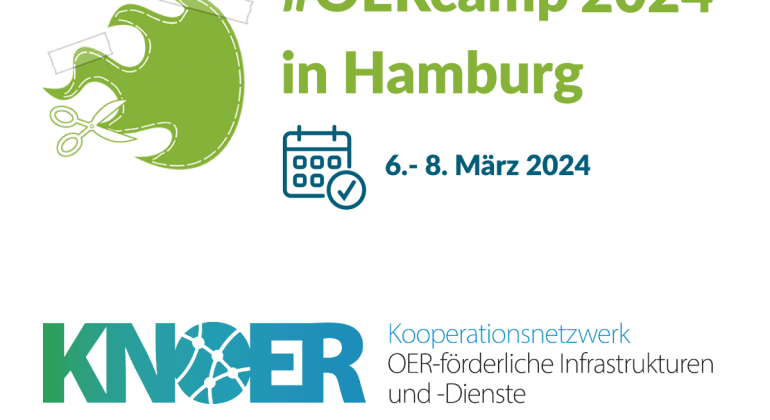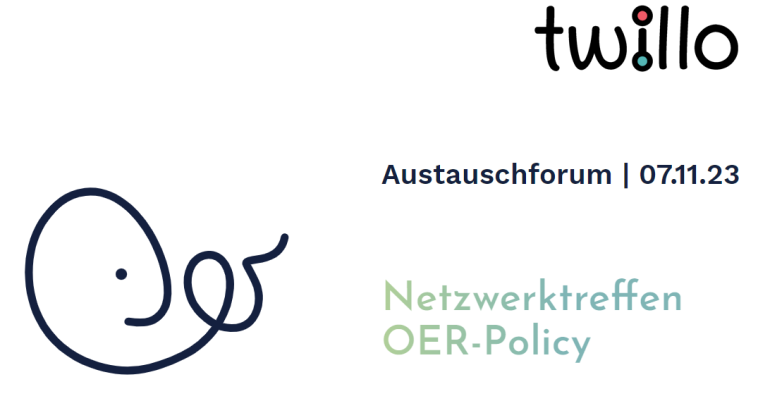Since 2012, the OERcamp has been the meeting place for the German-speaking community around Open Educational Resources (OER) and digital, open, contemporary education. At OERcamps, different actors work and learn from and with each other, consciously going beyond the boundaries of educational areas and subjects and looking at the subject area of OER and open education from pedagogical-didactic, legal, organizational, technical and other perspectives.
 Photo: OERCamp 2024
Photo: OERCamp 2024
– “The OERCamp is an outstanding interactive event with a wide range of opportunities for exchange and shared learning.”
[Noreen Krause, twillo]
KNOER and its members were present at OERCamp 2024 in various formats:
KNOER WORKSHOP ON “OPEN EDUCATIONAL PRACTICES FROM THE PERSPECTIVE OF OER REPOSITORIES”
In the 4-hour intensive workshop “Open Educational Practices from the perspective of OER repositories”, representatives of ZOERR, VCRP, Twillo and HessenHub discussed the definitions and (publication) practices of Open Educational from the perspective of OER publication platforms Practices (OEP). The lively discussion during the exchange led to the conclusion that the development of the term OEP to date has resulted in a range of definitions. The term ranges from very broad to very narrow definitions, whereby two tendencies can be identified: On the one hand, OEP are to be viewed as materialized in some way (objects for lesson planning, special metadata, etc.), the other direction sees OEP rather located on a meta level as an idea or goal for implemented open education. As a central result, OEP was understood as a (partial) task of the OER repositories; as a possible path and next step, we are investigating didactic metadata as an interface or connection between OEP and OER.
KNOER WORKSHOP ON “ARTIFICIAL INTELLIGENCE AND OPEN EDUCATIONAL RESOURCES IN UNIVERSITY TEACHING”
This intensive workshop, organized by the state portal ORCA.nrw, was about the implications of artificial intelligence for open educational resources with a focus on university teaching. The opportunities and potential of AI for OER were discussed, as well as areas of action and challenges that currently arise in this context. In the second part of the workshop, participants had the opportunity to try out the potential of artificial intelligence for open educational resources using AI tools in a “Prompt-LabOER”. A (photo) documentation of the workshop can be found on the website of the “KI-NEL-23-NRW” project, as part of which the workshop took place.
OTHER KNOER INVESTMENTS
Another workshop – moderated by Silvia Czerwinski (twillo, TIB) and Yulia Loose (twillo, ELAN e.v.) – was about the most important steps to an OER policy and what happens afterwards. Using the OER policy kit, we discussed how to overcome stumbling blocks in the creation process and what measures can be taken after publication.
Noreen Krause (twillo) was also involved in the newbie session “Introduction to the Barcamp method”.

Foto: Newbie-Session
Webseite: https://www.oercamp.de/24/
Program: https://www.oercamp.de/24/programm/
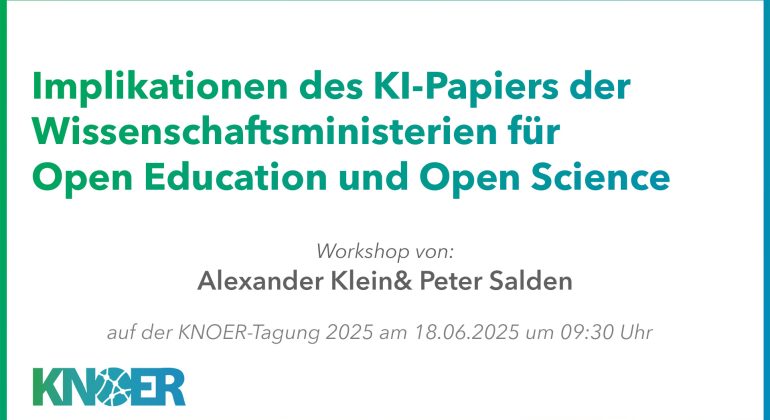
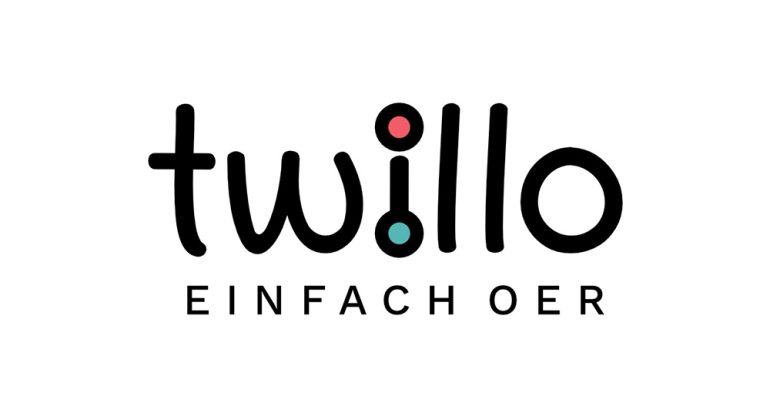
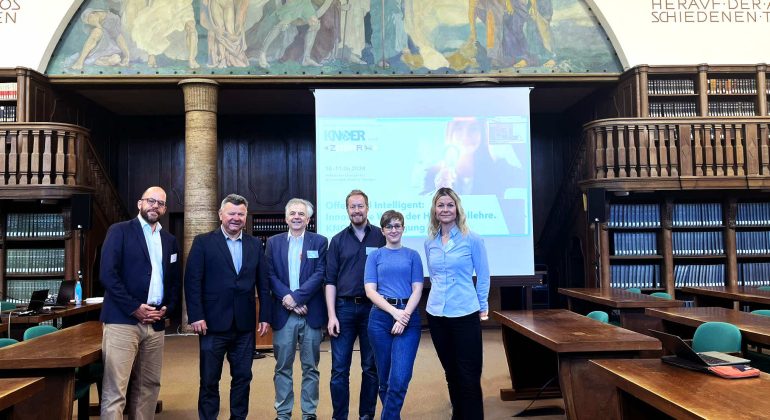
 Photo: OERCamp 2024
Photo: OERCamp 2024
